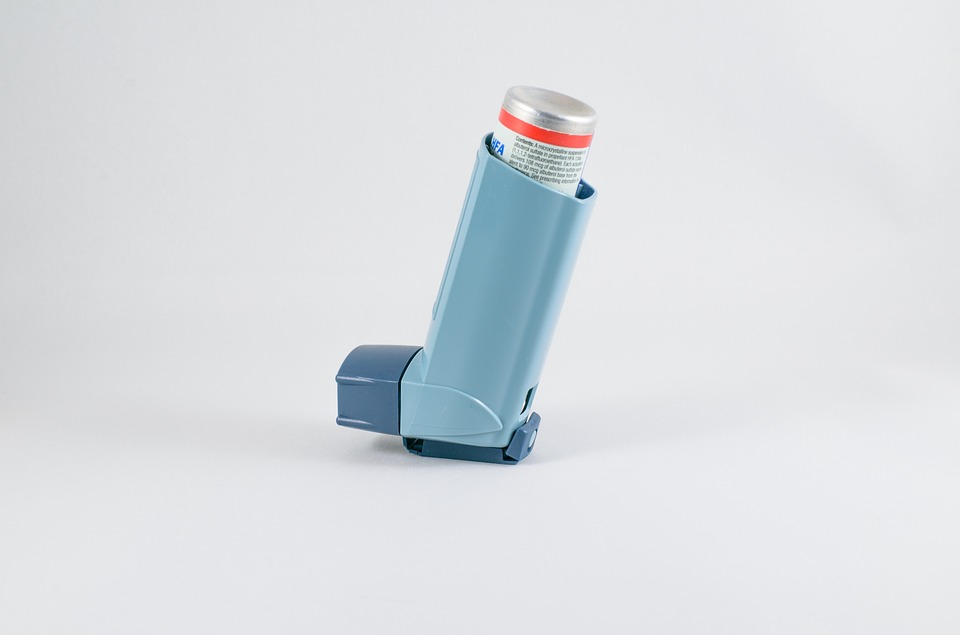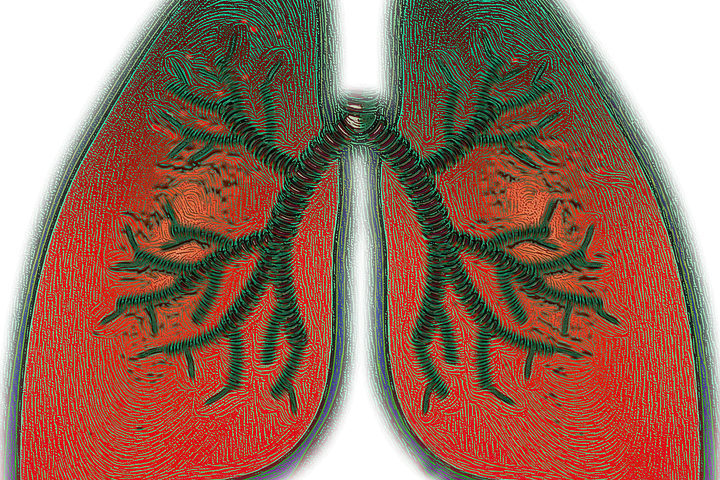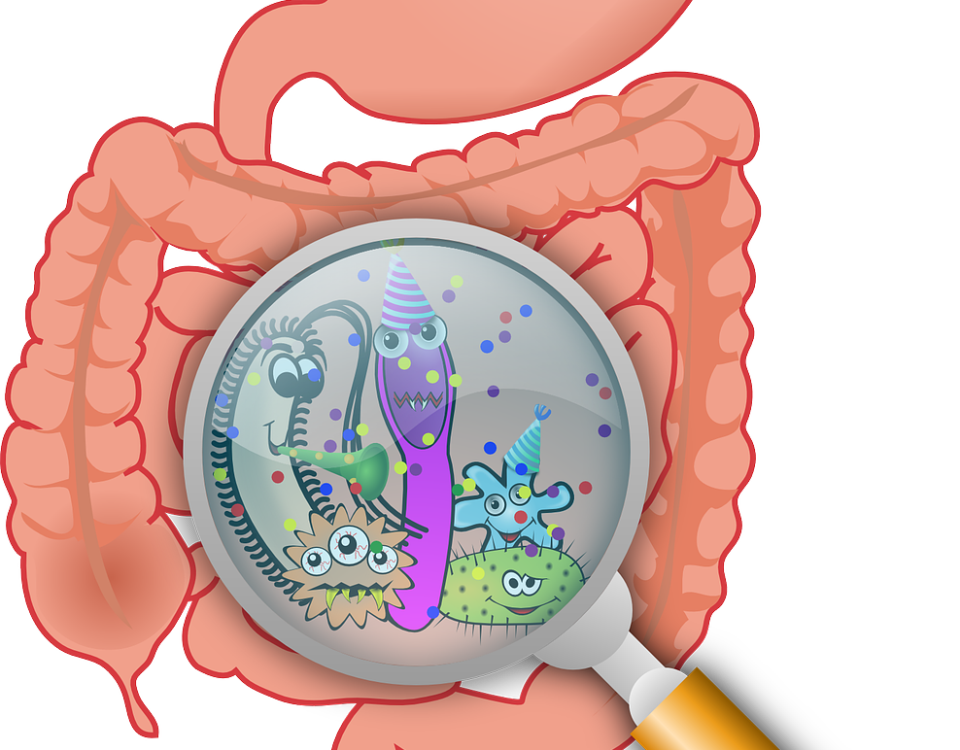Asthma: A Manageable Chronic Lung Disease!

Depression and Suicide among Young People: A Global Catastrophe
June 3, 2019
Mental Health Disorders and the Fellas: A Noiseless Predicament.
July 2, 2019Generally, moving can be very overwhelming, especially when elementary school aged children are involved. We relocated from one country to another few months back and my youngest child (4years old at the time) was not having it. He struggled the most out of my 3 kids to adjust! Just a few weeks after moving, he started getting sick. We noticed he was coughing a lot (especially at night), wheezing, tummy ache, sore throat, fever and on and on. As parents, at first, we thought everything was due to the change of environment or he ‘manufactured’ these symptoms (after all, kids can be funny).
It turned out, it wasn’t funny at all, we found ourselves frequenting the doctor’s office, lots of blood tests were done and one time we ended up in an emergency room. It was frightening and the doctors didn’t have any diagnosis. Like any other mother, it was heartbreaking watching him in pain. Eventually, in January 2019, he was diagnosed with asthma! We were given “Asthma Action Plan” along with his medicines and all the dos and don’ts. The experience was surreal!

National Health, Lung, and Blood Institute (NHLBI) stated that “asthma is a chronic lung disease that inflames and narrows the airways. Asthma causes recurring periods of wheezing (a whistling sound when you breathe, NHLBI), chest tightness, shortness of breath, and coughing. The coughing often occurs at night or early in the morning”. It affects “people of all ages, but it most often starts during childhood. “Sometimes asthma symptoms are mild and go away on their own or after minimal treatment with asthma medicine. Other times, symptoms continue to get worse (can result in asthma attacks) (NHLBI).
Proper treatment and management of asthma can help significantly in reducing symptoms. Please if you or your loved ones experience any of these symptoms, do not hesitate to contact a physician immediately. You can also ask your physician to screen you or your children for asthma if you have the risk factors.
Please familiarize yourself with the symptoms below and contact us if you need to connect with resources. Always follow an asthma action plan!
Common Signs and Symptoms of Asthma
- Coughing. Coughing from asthma often is worse at night or early in the morning, making it hard to sleep.
- Wheezing. Wheezing is a whistling or squeaky sound that occurs when you breathe.
- Chest tightness. This may feel like something is squeezing or sitting on your chest.
- Shortness of breath. Some people who have asthma say they can’t catch their breath or they feel out of breath. You may feel like you can’t get air out of your lungs.
- (Source: National Health, Lung, and Blood Institute
Screening and Prevention
Asthma cannot be prevented but the steps below can be taken to control the disease and prevent its symptoms. For example:
- Learn about your asthma and ways to control it.
- Follow your written asthma action plan. (For a sample plan, go to the National Heart, Lung, and Blood Institute’s “Asthma Action Plan.”)
- Use medicines as your doctor prescribes.
- Identify and try to avoid things that make your asthma worse (asthma triggers). However, one trigger you should not avoid is physical activity. Physical activity is an important part of a healthy lifestyle. Talk with your doctor about medicines that can help you stay active.
- Keep track of your asthma symptoms and level of control.
- Get regular checkups for your asthma.
For more details about how to prevent asthma symptoms and attacks, go to “How Is Asthma Treated and Controlled?” (Source: National Health, Lung, and Blood Institute)




